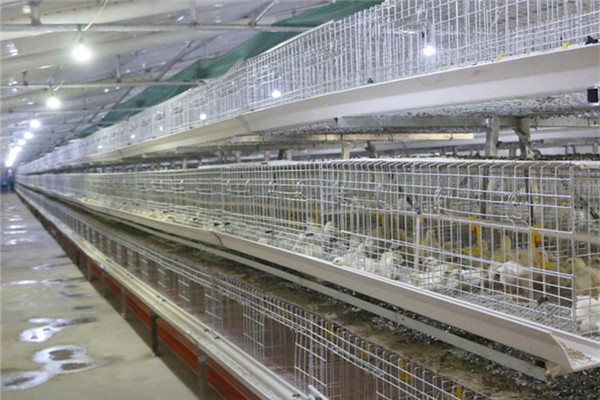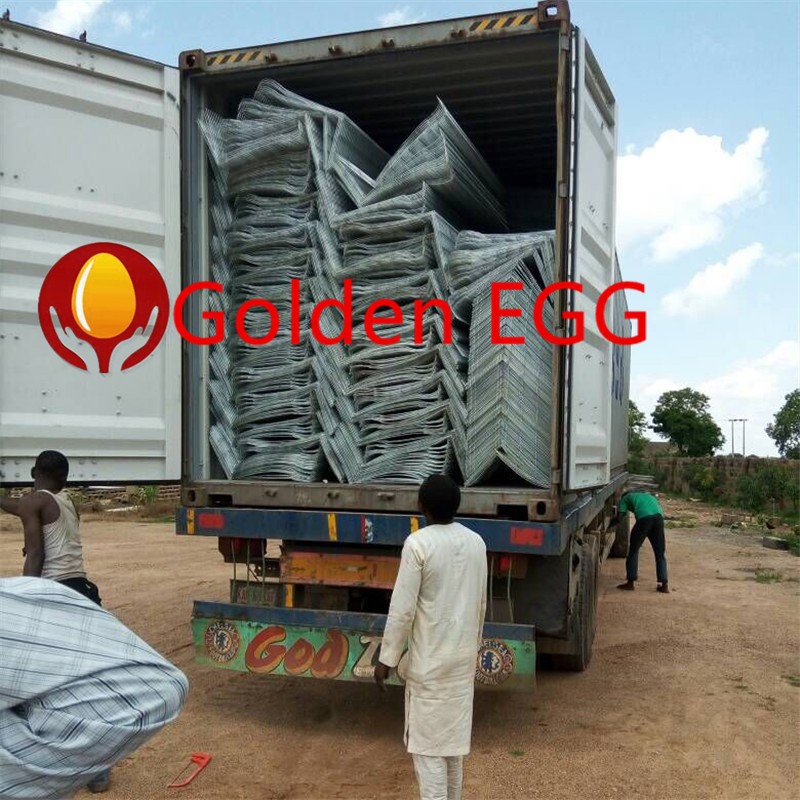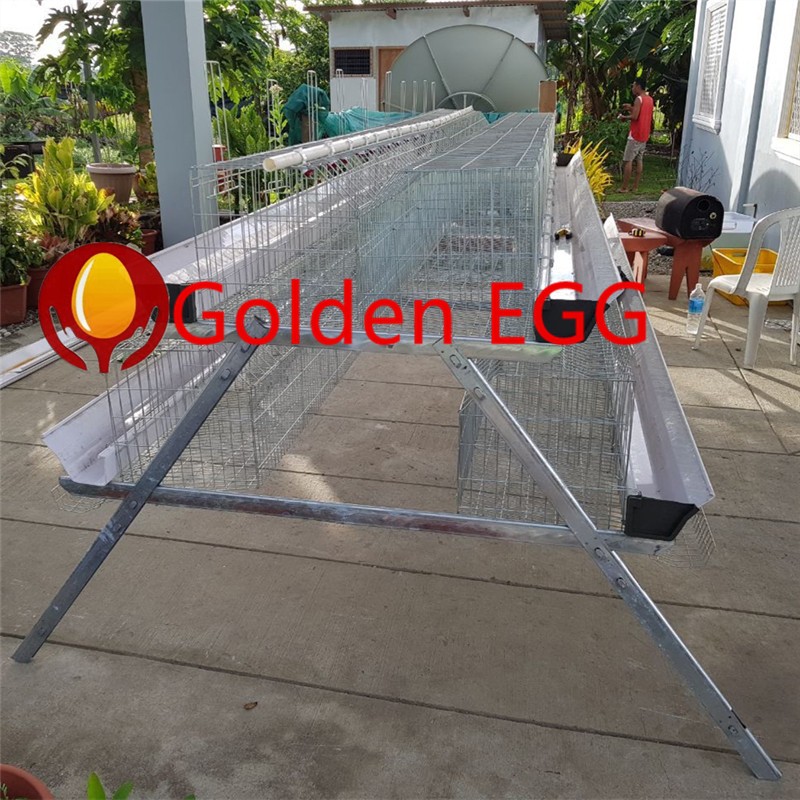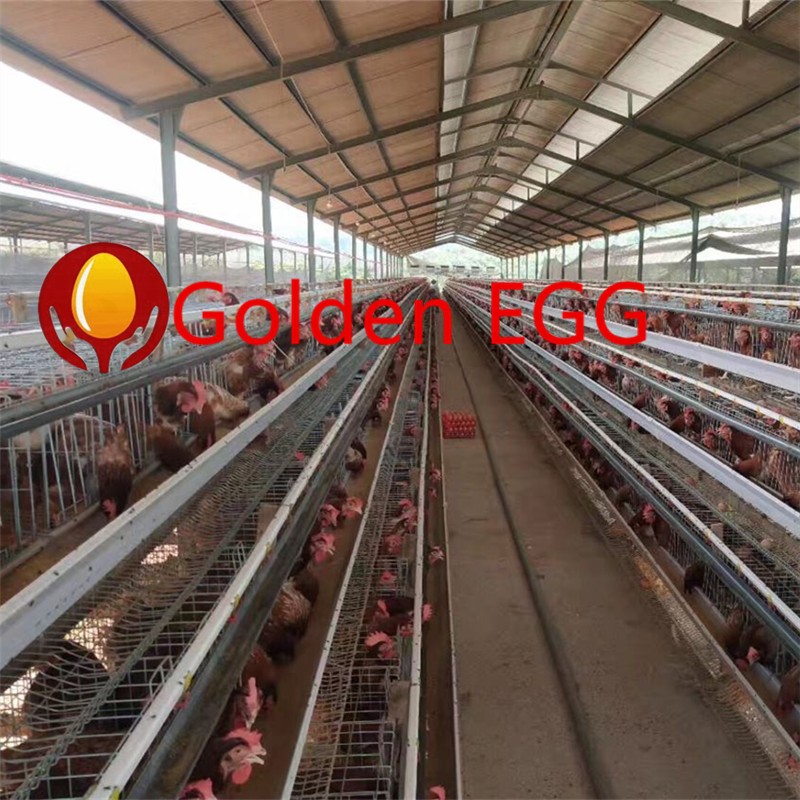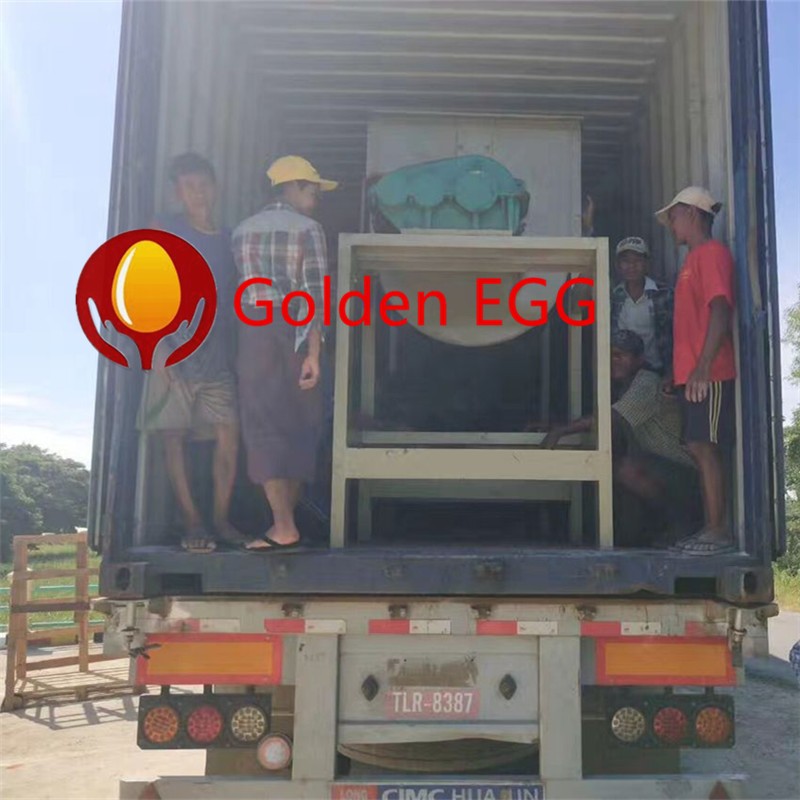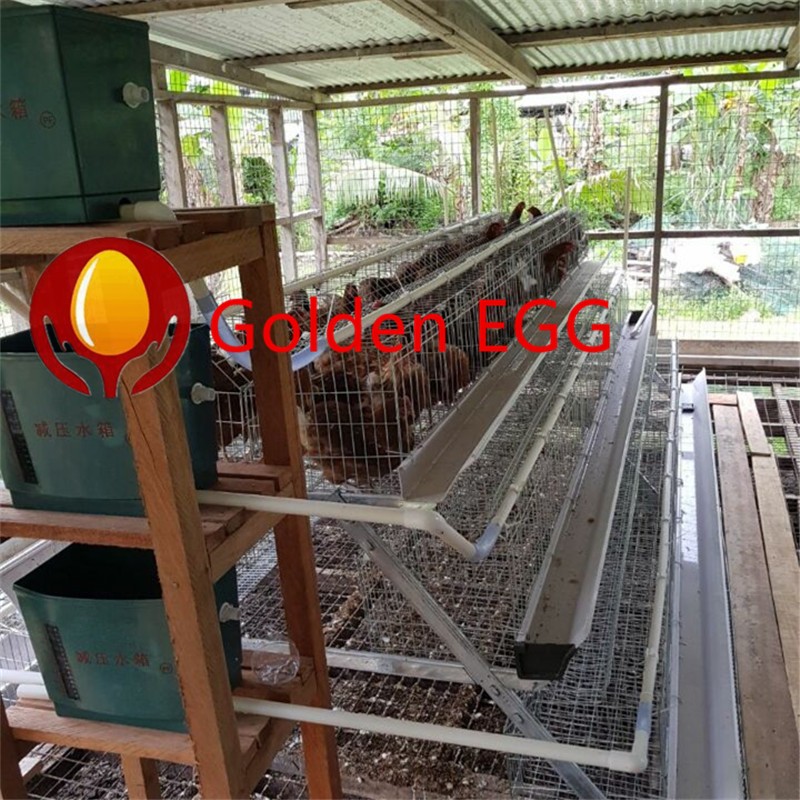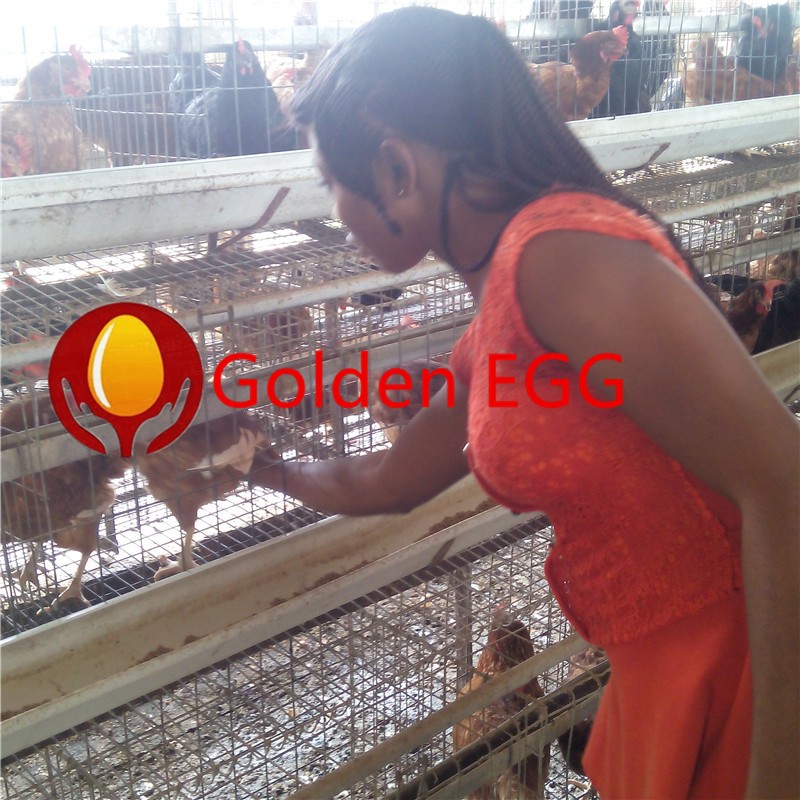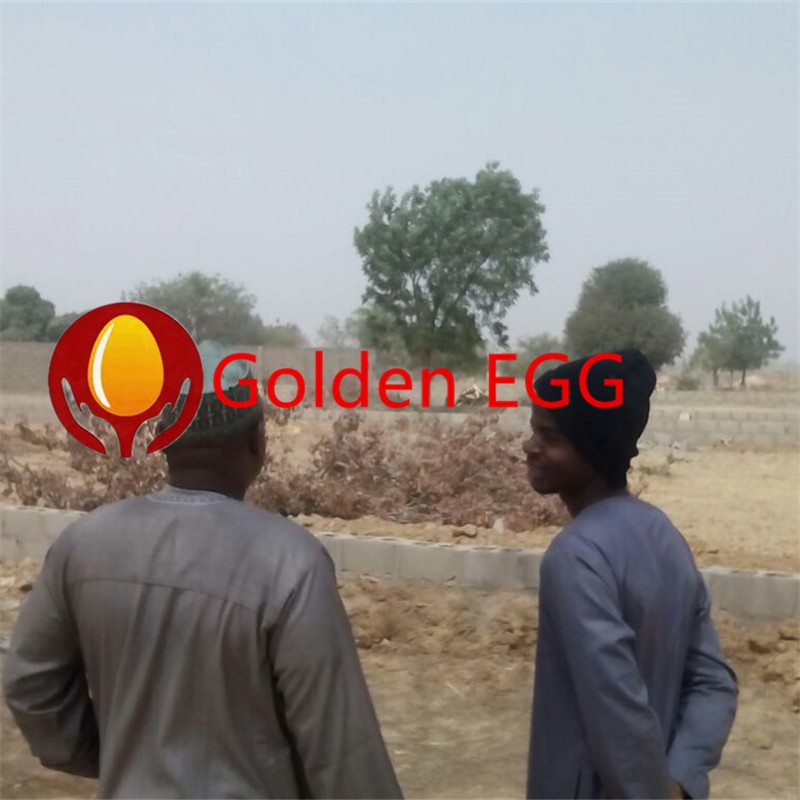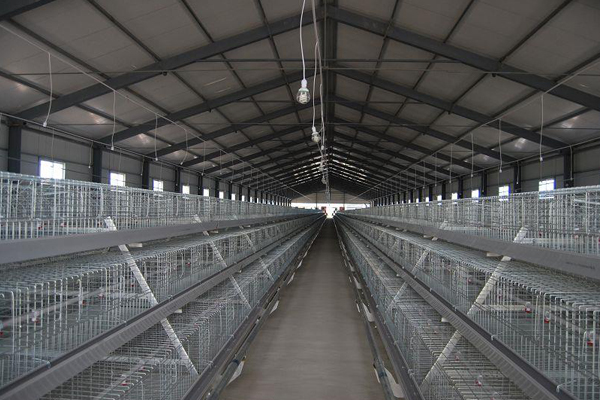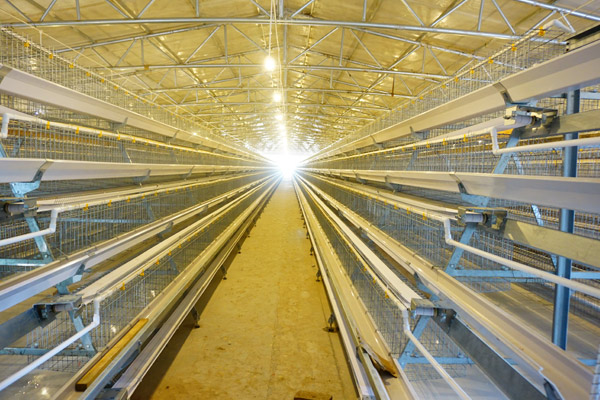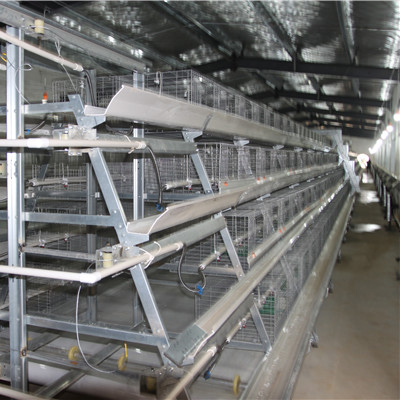Winter egg house environment regulation
As the weather gets colder and colder, most farmers think of how to keep warm and ignore the importance of ventilation. In fact, chickens are very sensitive to changes in the environment, the weather is very cold, the temperature is too low, ventilation is poor, and the concentration of poisonous and harmful gases is too high. This can affect the production of eggs and meat and affect the health of the flock. It even induces various diseases. Therefore, how to make the environmental conditions in the home stay relatively stable in the cold season is particularly important.
First, the confinement of the house is a prerequisite.
It is better to use vertical negative pressure ventilation in the house, that is, there are air inlets on both sides of the front of the house (with a black cover device). The size of the air inlet can be adjusted with the change of climate and installed at the rear of the house. Mechanical exhaust equipment.
Second, the control of the environment is different depending on the stage of chicken development.
The main two things should be done:
1. Winter brooding must take full closed management
Avoid the flow of workers and utensils between poultry houses; heating facilities are required; all air inlets shall be closed tightly to prevent intrusion of thieves. Before the chicken enters the market, the temperature of the house is raised to about 33°C, and the temperature under the umbrella is 35-36°C. The breeder should carefully observe the behavior of the chicken, understand the cold and hot performance of the chicken, and conduct short-term ventilation (up to 2 minutes at a time) according to need. The cold air cannot be directly blown to the chicken body. Later, as the age of the chicken increases, the shepherd temperature should decrease steadily (about 2°C per week). After the chick's fluffy feathers are replaced by young feathers, the temperature can be reduced to about 18°C. The temperature requirement of breeding chickens is not very high. As long as the chicken has a reasonable weight gain, the temperature can be maintained at 13-15°C, and the lowest temperature is not lower than 10°C. Otherwise, the breeding chicken may be delayed to start production.
2. The laying hens have very strict temperature requirements
Poor ventilation inside the house and air pollution, such as ammonia, carbon dioxide, hydrogen sulfide and other concentrations are too high (people feel pungent, tears), will stimulate the chicken's respiratory system, endanger the health of the flock. Therefore, thermal insulation and ventilation are equally important for chickens in winter and spring. Our experience is to close some of the air inlets after the weather turns cold. For wet curtains that can't be adjusted to the size of the air inlet, such as the summer, use cloth curtains on the outside of the chicken house before entering the winter (you can also use 2-3 layers of woven bags) Obstruction, leaving only a small air inlet at the top of the wet curtain. Install the air deflector on the side of the broiler where the wet curtain is located (obstructed by wood or cloth curtain), so that the cold air enters the house and is in the house. The upper layer to reduce the cold air stimulation of the chicken body. In addition, the ventilation system is preferably controlled by a temperature controller to set a lower limit temperature (for example, 15°C). Above this temperature, the fan is turned on automatically; otherwise, the fan is turned off. This method is simple and economical and practical (200 yuan per temperature controller, and long service life), completely eliminate the delay caused by human factors to open, close, and the night can not provide timely ventilation phenomenon.
In short, winter is a season of high incidence of various viral diseases. As a manager, it is necessary to diligently observe the flock after winter, pay attention to changes in the environmental conditions of the chicken house, and find problems to solve in a timely manner. Try to ensure the stability of environmental conditions in the house and avoid Stresses the flock. At the same time, we must do a good job of preventing various diseases on a regular basis.
